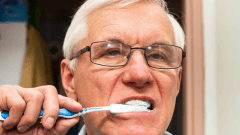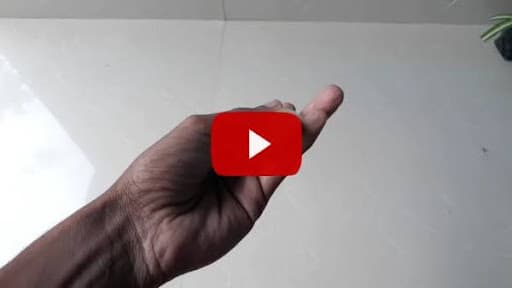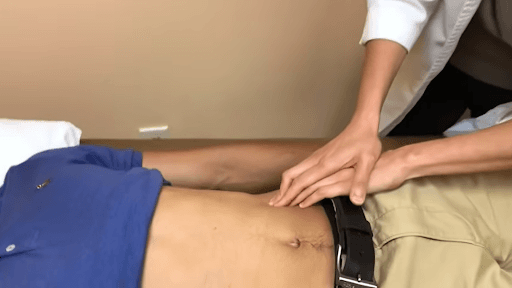Doctor Explains 7 Skin Signs of Chronic Kidney Disease (CKD) - Never Ignore These Symptoms
Did you know that your skin could provide early warning signs of kidney failure? In this insightful video, Dr. CARiD explains seven key skin indicators of kidney disease, which could help you take preventive measures early on.
Many people have a misconception that chronic kidney disease (CKD) always leads to severe conditions like dialysis. However, Dr. CARiD clarifies that CKD exists on a spectrum, from mild conditions requiring minimal changes to severe ones. Understanding where you fall within this spectrum is crucial to managing your health effectively.
One of the first signs of kidney disease can be noticeably dry skin, leading to roughness and discomfort. This condition often arises due to dehydration and mineral imbalance, although it can also be caused by other issues like eczema.
Dr. CARiD highlights how impaired kidney function can lead to fluid retention, particularly noticeable as puffiness around the eyes and swelling in the lower legs.
Chronic itchiness, caused by toxin accumulation due to reduced kidney function, is another sign. It’s important to differentiate this itch from other skin conditions like eczema.
An interesting sign is the appearance of "half-and-half" nails. This occurs due to anemia and disruptions in blood supply to the nails.
Cramps and muscular pain can indicate an imbalance of electrolytes, minerals crucial for muscle and nerve functions.
Painful calcium deposits can develop on the skin and around joints due to poor regulation of calcium levels by the kidneys.
Recognizing these signs is only the first step. Dr. CARiD advises several strategies for managing CKD effectively, emphasizing the importance of being cautious with medications such as anti-inflammatory drugs, like ibuprofen, and ensuring good hydration. High blood pressure usually exacerbates kidney issues, so managing it is also critical.
"The key is also to be well-hydrated. Drinking plenty of water flushes the kidneys out and hydrates it." - Dr. CARiD
Overall, Dr. CARiD offers practical advice stemming from his extensive experience, encouraging proactive steps to maintain kidney health and a focus on safe medication use.
From Around The Web
Wellness Inbox is a blog & weekly newsletter that curates trending news and products related to health and wellness from around the web. We also gather content from various sources, including leading health professionals, and deliver it directly to you.
Please note that we may receive compensation if you purchase any products featured in our newsletter. Wellness Inbox is not affiliated with, nor does it endorse, any health professionals whose content may appear in our newsletter. The information provided is for general informational purposes only and should not be considered medical advice.
The information provided is not intended to replace professional medical advice, diagnosis, or treatment. All content, including text, graphics, images, and information available is for general informational purposes only. We do not guarantee the accuracy or completeness of any information presented and assume no liability for any errors or omissions. The content is subject to change without notice. We encourage you to verify any information with other reliable sources and consult your physician regarding any medical conditions or treatments.







